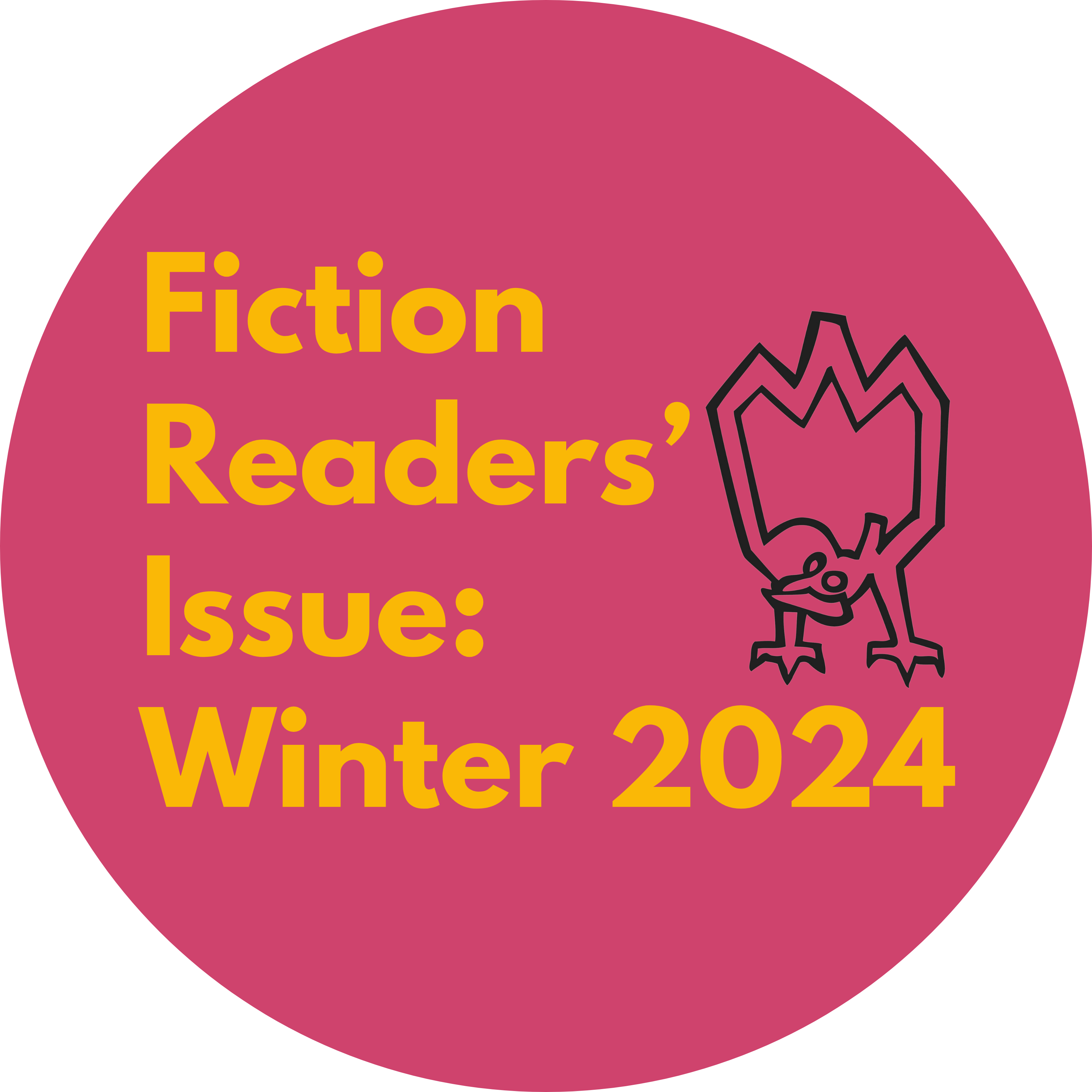The New Tamara

A beautiful dress caught Emily’s eye in the Fortuny shop. A grey wisp of wool, falling softly from the shoulders. She was thinking of buying more antique fruit plates for her new flat on Nekrasova Street, but the dress drove them out of her mind.
Beautiful china and clothes were an old craving, suppressed while she and her husband spent more money than they could spare on their yacht. They’d had a good time sailing on Suffolk and Essex rivers, then around Britain, and finally to Russia.
Now living alone in St Petersburg, Emily was having a good time in a different way. She did buy those Meissen fruit plates, knowing that she was spending the equivalent of a Russian teacher’s monthly salary. And she’d already decided that she will greet her guests with an unlined face when she turns fifty.
There is a new Tamara in her life. Her outfits make Emily look twice at the row of frocks and skirts in her own wardrobe. Her older sister would say that she need never buy another piece of clothing in her life. But seeing her wardrobe through Tamara’s eyes, Emily knew she need never buy another piece of clothing if she wanted to look like someone’s mum. And she didn’t. She wanted to look like a worldly woman. Like Monica Vitti in Antonioni’s film La Notte.
When Marcello Mastroianni first sets eyes on Monica Vitti, she’s in a room by herself, bored with the fashionable party in her family’s palazzo, playing a game that she’d invented on the black and white tiles of the floor. She’s wearing a little black dress and high-heeled shoes, and has stylishly tousled hair.
Emily’s new Tamara was a diplomat and historian who lived around the corner from her own apartment on Nekrasova Street. She had a long-distance marriage with another diplomat who was posted elsewhere. He encouraged her to buy designer clothes.
She came to a dinner at Emily’s flat wearing ‘something made by the Russian designer Tatyana…’
‘Tatyana Ivanovna,’ interrupted Emily, eager to show she knew a Russian designer’s name.
‘No, a different Tatyana. I think her clothes are better.’
Trumped.
This Tamara arrived in Emily’s life at one of Andrew’s concerts in an old palace overlooking the Fontanka canal. He had performed his new piano concerto, which was as angular and jerky as Andrew himself, with his slightly manic blue English eyes behind steel-frame glasses.
Emily was standing at the tall windows with her glass of wine, when he came up to her, arm in arm with a strange woman.
‘This is Tamara. I’ve invited her to the concert we’re giving at your flat next week.’
Tamara and Emily did the split-second, sizing-up glance—from brand of shoes to hair style.
Tamara had potential, Emily thought.
‘Glad you can come,’ she said. ‘We’re having a young violinist from Siberia. It’s his debut before he goes to an international contest in Prague.’
The concert the following week started well. While the violinist was having a break, the two women looked at a painting by a Ukrainian artist on Emily’s wall. An acrobat in diamond-patterned tights balanced on three impossibly unstable boxes. Noticing their reflection in the glass, Emily lifted her head to stand a little taller than Tamara.
Tamara made admiring sounds about the painting, then mentioned her collection of St Sebastians pierced by arrows. Emily suspected she ranked them well above the acrobat.
A card arrived from Tamara after this concert, embossed with the consular crest and inviting Emily to dinner. She could see the dinner table in her mind. People were talking wittily, men in dark suits, women draped in famous labels—and Emily was in her blue woollen dress from the Red Cross second-hand shop.
The woollen dress simmered in her mind for some days. Only a few hours before the dinner, she ran out to Nevsky Prospect. In the first shop she bought a long slim dress with shoestring straps and an outrageously long side slit, the velvet cloth stamped with silvery snake scales. The second shop had the shoes. Silver straps crossed over the toes, and the heels were tall glass columns. She ran to the hairdresser for Monica Vitti’s tousled hair style.
Back home, she put red varnish on her nails, threw the pink varnish in the bin, and set off for Tamara’s flat through the snowy streets.
From the entrance hall, Emily could see through to the big drawing room filled with guests like a still from the Antonioni film. They were grouped in their black or grey dresses and suits, some standing, some sitting.
Tamara greeted her while she was changing out of her boots. ‘The language tonight will be Russian.’
She swept back into the drawing room, giving Emily a good view of her clothes. A short black dress. A short white ermine cape round her shoulders, complete with the little black-tipped tails.
Emily ground her teeth. Will silvery snake scales stand up to furry black-tipped tails? She followed Tamara into the room.
The guests were not mingling like a scene from La Notte. They stood apart, frozen into immobility by shyness and hunger. Artists, a couple of writers, a singer from the Marinsky Theatre, the Tatyana Ivanovna who Emily knew… People from glittering, worldly society must be at some other dinner party.
Emily felt like a go-between as she started moving round the groups. The Ukrainian artist was there, and talked enthusiastically about his latest painting.
‘Any more acrobats on boxes?’ she asked, balancing on one impossibly high glass heel to amuse him.
Out of the corner of her eye, Emily saw Tamara watching her. She glimpsed a flash of diamond as Tamara’s hand moved to adjust the side of her cape, drawing attention to its sumptuous fur.
She felt a light touch on her shoulder. It was Andrew, his wife Evgenia at his side. The three of them approached the rather meagre buffet. Between them, they could have eaten everything set out for the twenty guests. The courses were so long in being announced that by the time they came to dessert, the sliced apples were brown and the mandarin segments had gone hard.
By now Emily was sure that she was the best-dressed woman tonight, despite Tamara’s black dress and fur cape—although the cape itself was splendid. But she was puzzled. What was special about that plain black dress?
When Tamara took off the cape to dance with Andrew, she understood. The dress was cut in a simple figure-hugging shape. The collar was an ecclesiastical band around her neck. One sleeve was missing and there was a big hole over her left shoulder.
Tamara had bought a designer hole the size of a Russian teacher’s yearly salary.

Ann Palmer has published three children’s non-fiction books, a number of articles, and some poetry. Since returning to New Zealand, after living for many years in Europe and Russia, she has been writing fiction and creative non-fiction as well as poetry.